Before the Omicron variant swept through the Twin Cities, local music venues opened their doors to winter residencies, allowing local musicians to step back onto the stages that have been desolate for nearly a year and a half.
After the variant spread widely, causing COVID-19 cases to soar and businesses to temporarily close, musicians and music venues are back canceling their residency programs, leaving local artists out of work.
“When people hear the word residency, they usually think about Las Vegas, and Celine Dion or Britney Spears,” Nadirah McGill said with a laugh. McGill is the drummer and manager of the Twin Cities punk band, Gully Boys.
A music residency is a series of concerts given by a musician, similar to a concert tour, but only performed at one location. With the ability to perform multiple times to different audiences, residencies offer exposure to new listeners, the ability to experiment with new performance styles and the comfort of knowing another performance is waiting around the corner.
Throughout December, Gully Boys held a weekly residency at First Avenue’s 7th Street Entry. With local musicians like Raffaella and Boyish on the lineup, the residency allowed the band to expand their musical connections in the Twin Cities and foster a new sense of artistic freedom during their weekly performances.
“The residency is like a crash course in how to do everything.” McGill said.
Mariah Mercedes, the “newest baby brother” and guitarist of Gully Boys explained that residencies allow for an artist to experiment with their performance styles and techniques.
“I’ve heard of people using it as a way to debut new material,” they said. “After performing the same sets multiple times, it can be fun to change things up.” Known for offering varied lineups at a recurring time and location, residencies extend new opportunities for exposure to both the main musician and opening acts.
Gully Boys organized the entirety of their residency and the new experience expanded their insight in all aspects of putting on a concert. Their December residency was a complete Gully Boys experience: from finding the opening acts and creating the performance schedule to working with the light and sound booths to get their performances just right.
Before their final performance on Dec. 26, several members of the opening bands and the Gully Boy’s merch salesperson tested positive for COVID-19.
“We didn’t want to become a super spreader,” Kathy Callahan, the band’s lead vocalist and guitar player said. “Then it just became more and more apparent that the [Omicron] variant is really contagious and spreading around.”
All members of the band agreed that cancelling the last show was the right decision and within days, other residencies across the metro began to follow suit.
“It’s a super confusing time,” Alex Schaaf, the primary member of the band Yellow Ostrich said. Built on a lineup including local musicians Lupin, DNM and FruitPunchLoverBoy, the residency was set to begin in January at Mortimer’s Bar in Minneapolis. Within 24 hours of the first performance, the show was cancelled.
Schaaf explained that although COVID rates have remained high, Yellow Ostrich’s full residency hasn’t been cancelled. He said that the group takes it day by day, and if the musicians feel safe to perform, they will.
“The thing is, I would never prioritize a show over people’s safety and health,” Schaaf said.
DeCarlo Jackson, one of the creators of Blossom, a new artist collective headed by the band Hippo Campus, agrees with Schaaf. Starting in January, Blossom planned a weekly residency at Turf Club in St. Paul with the goal to promote artists and musicians working within the collective.
Jackson was in charge of programming the residency. From reaching out to musicians and planning the stage setup to curating the performance schedule and lineup, he spent several months creating what he hoped to be the beginning of Blossom’s first imprint within the Twin Cities music scene.
“There were so many moving pieces and my job was to nail down those moving pieces and put glue on them so they wouldn’t go anywhere,” he said.
But before the first of the year, the decision had been made to postpone the residency.
Jackson said that the residency will be returning in the summer. For the time being, he encourages music listeners to stream songs, repost music and musicians’ online posts, buy merch and music on Bandcamp.
“It makes sense that things are shutting down. Things should shut down,”Jackson said. “That being said, no, I don’t like it. It absolutely sucks that we had to cancel this.”


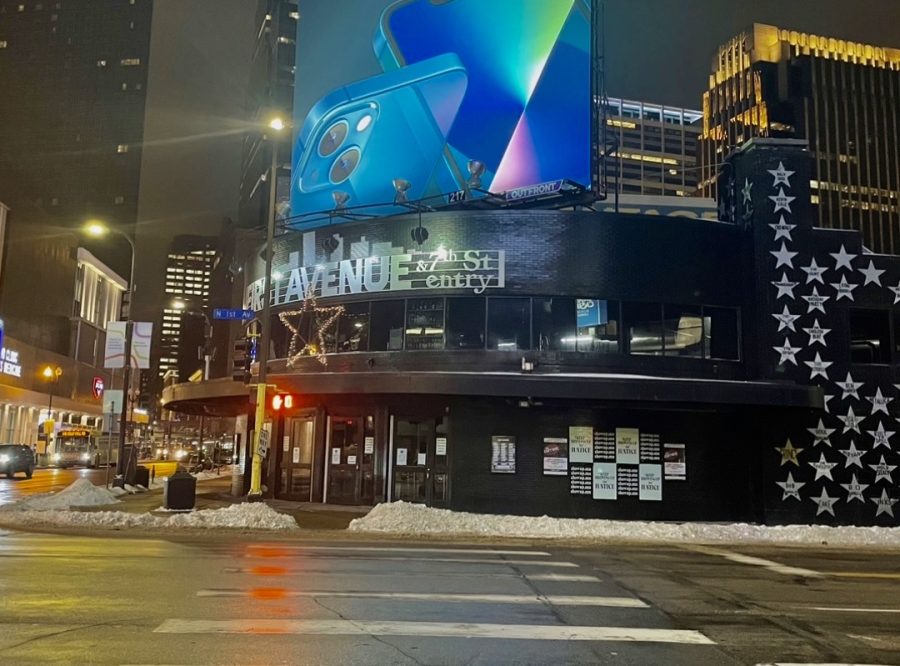

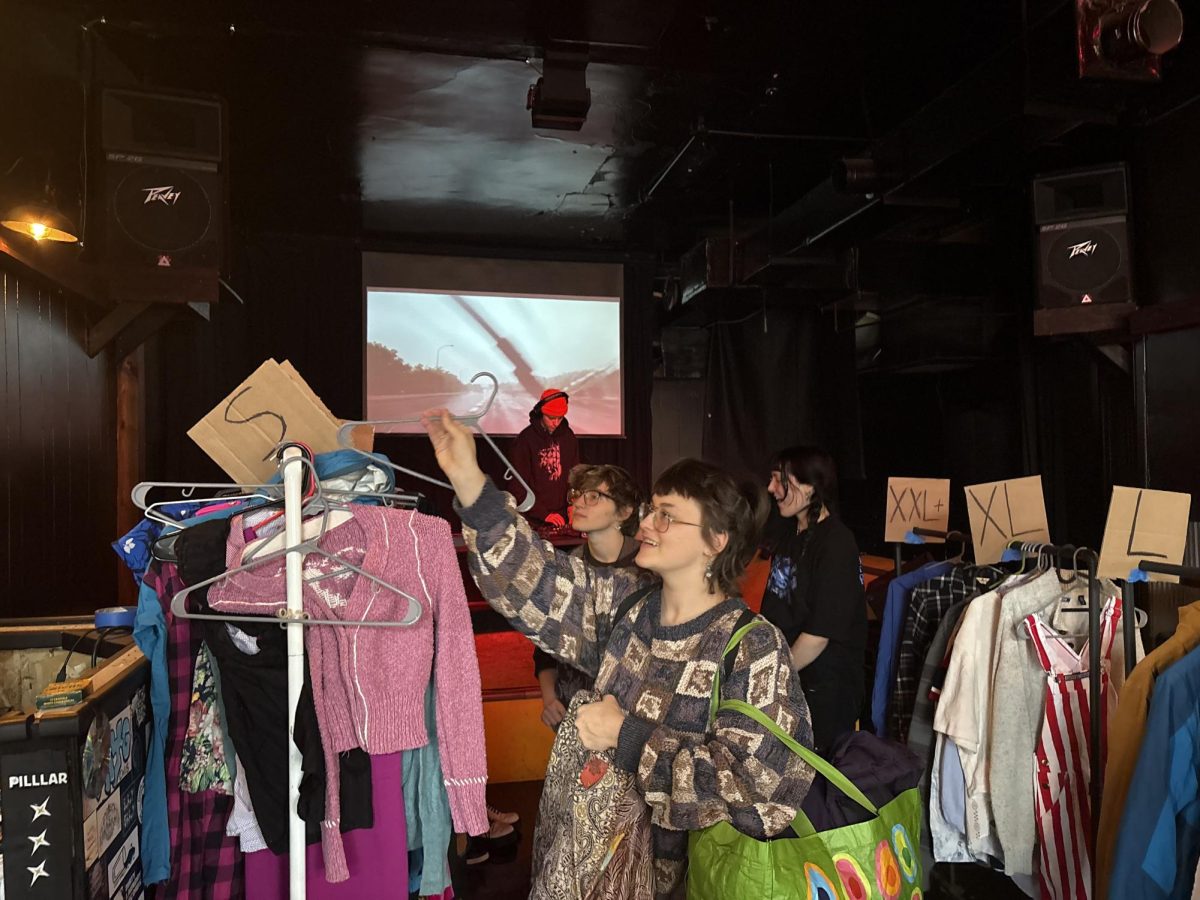
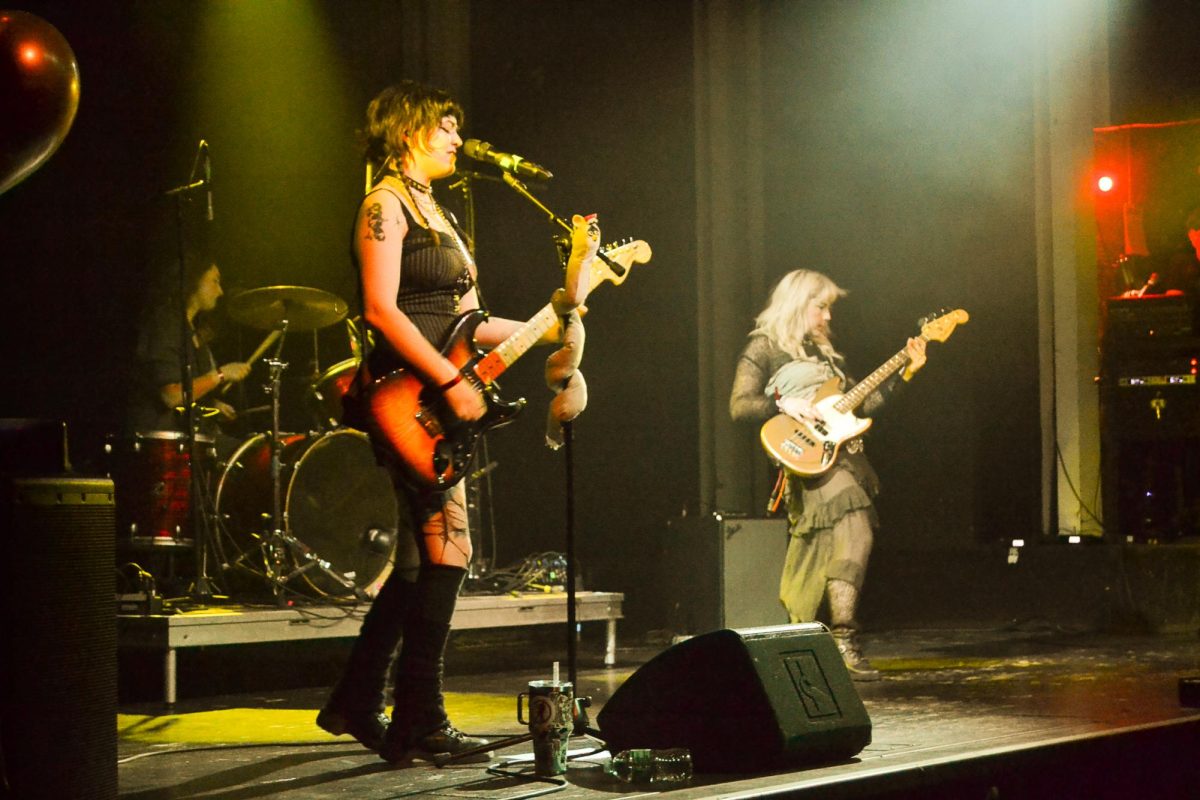
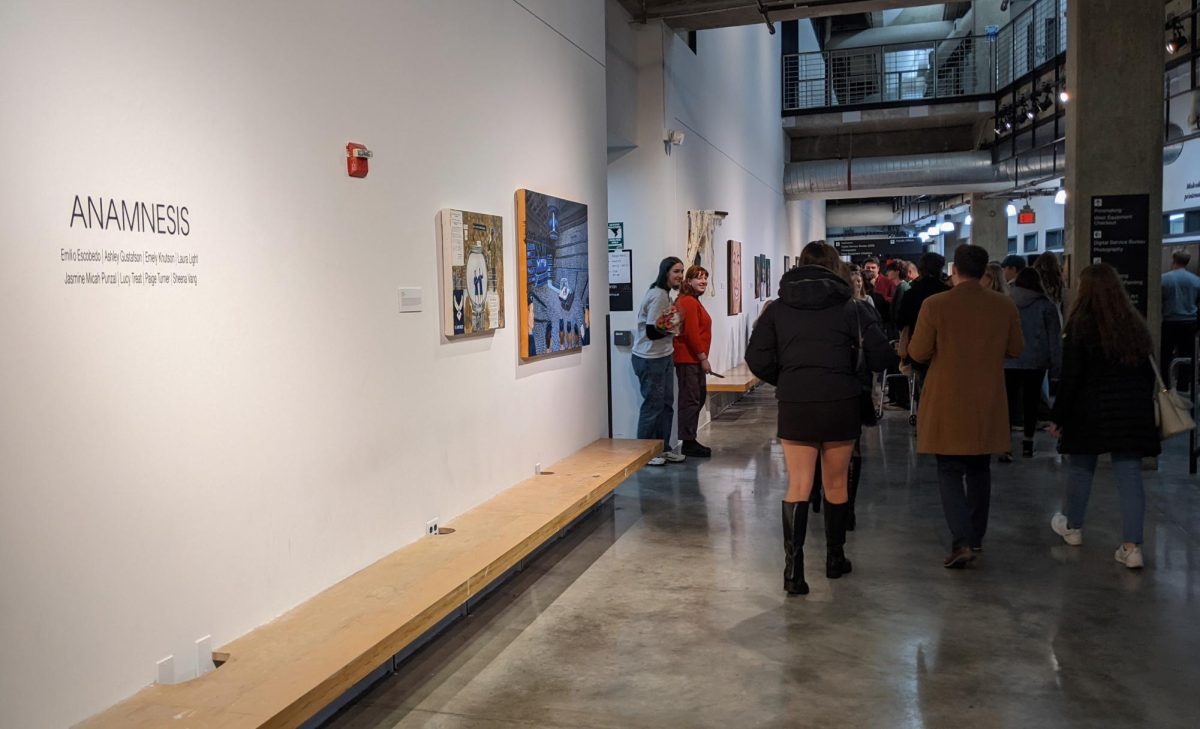


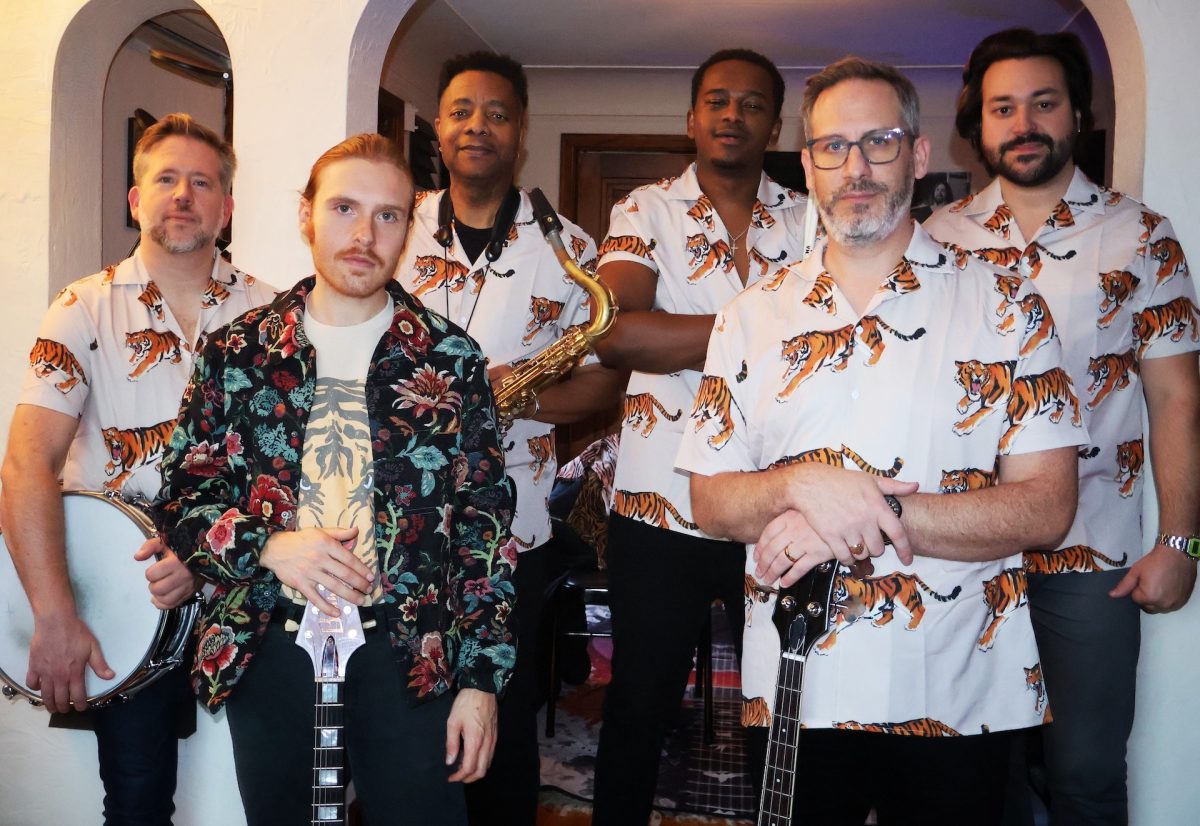
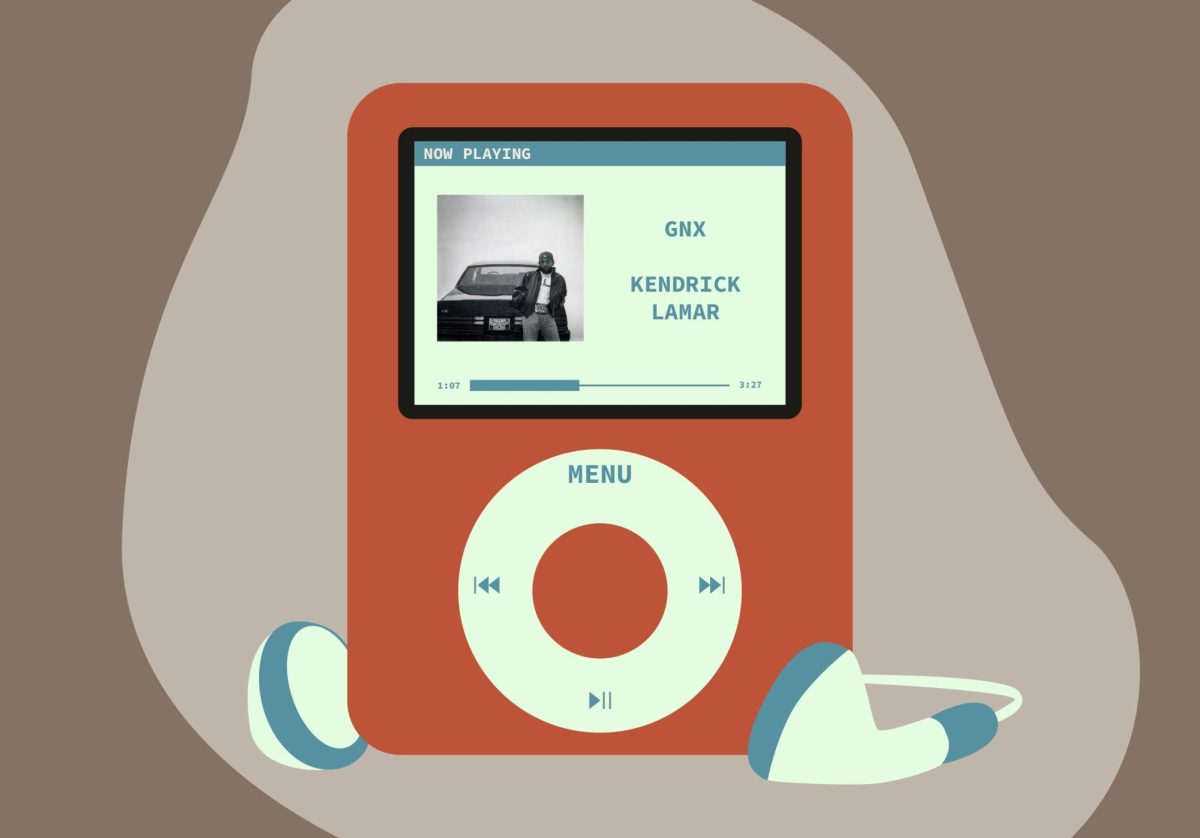


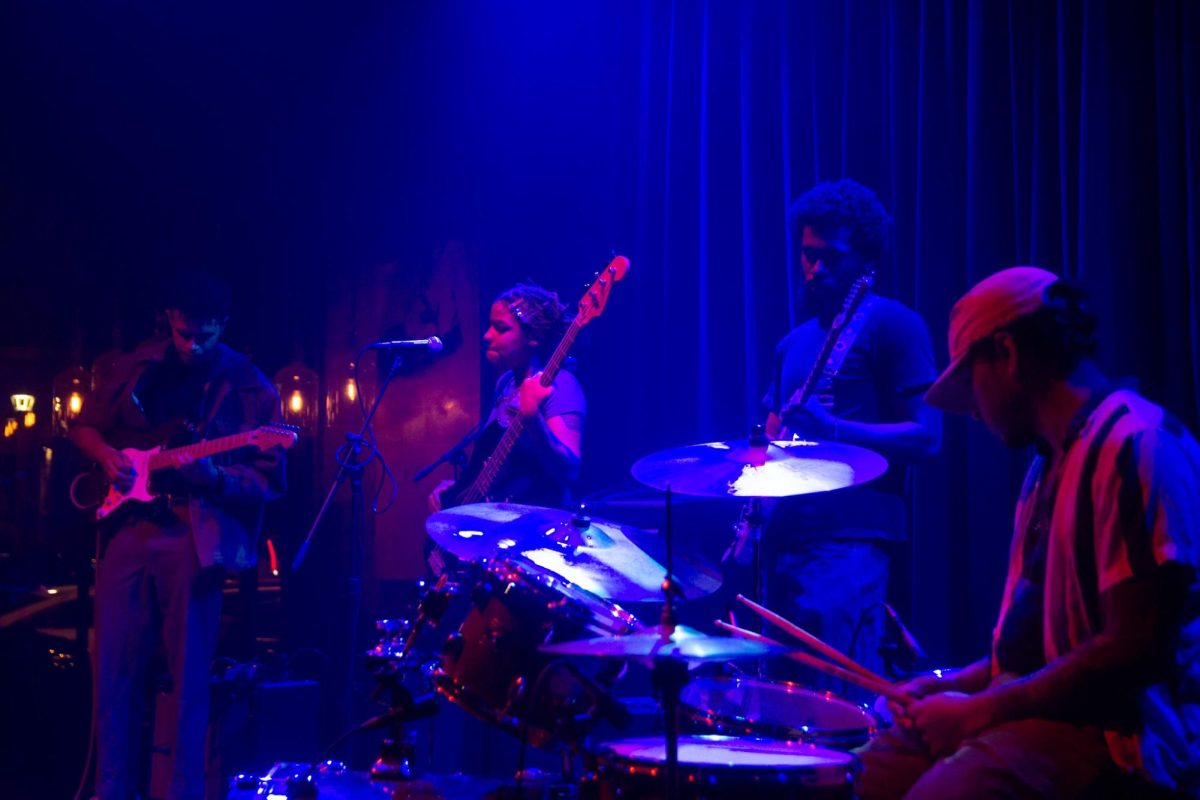

CapnRusty
Jan 19, 2022 at 12:10 pm
The rest of the world knows that the Omicron variant is far less lethal than its predecessors. Its effects are slightly more than a common cold, especially for younger people. Omicron appeared, on schedule, because viruses have always followed the same mutation path; increased contagiousness with reduced lethality. Scientists have known that for ages, but science has been politicized in the US.